South Korea, a nation celebrated for its rapid economic growth and cultural exports, is grappling with a silent crisis that threatens its social fabric. The country's young adults are increasingly burdened by what sociologists term "marriage anxiety"—a complex web of financial pressures, shifting gender norms, and societal expectations that make matrimony feel like an impossible dream for many.
The roots of this phenomenon run deep. For generations, marriage was considered a non-negotiable milestone in Korean adulthood. However, the combination of skyrocketing housing prices, precarious employment conditions, and the astronomical costs associated with weddings and child-rearing has caused many to reconsider. What was once a cultural imperative has become what young Koreans describe as a "luxury good"—desirable in theory but financially out of reach.
Economic realities have fundamentally altered romantic calculus. The average price of an apartment in Seoul now exceeds 1.2 billion won (approximately $900,000), while youth unemployment remains stubbornly high. Many young workers find themselves trapped in temporary positions with little job security, making the traditional markers of adulthood—marriage, homeownership, children—seem like relics of a bygone era. The phrase "Hell Joseon," coined by disillusioned youth to describe modern Korean society, reflects this growing sense of despair.
Women in particular are re-evaluating the costs of marriage. Korea's patriarchal traditions often expect wives to shoulder disproportionate domestic burdens while maintaining careers. The country's gender pay gap remains among the highest in the OECD, and workplace discrimination against married women is well-documented. As educated Korean women achieve greater financial independence, many are concluding that marriage offers more liabilities than benefits. This sentiment has given rise to powerful feminist movements like "4B," whose adherents reject dating, sex, marriage, and child-rearing entirely.
The government has not remained idle. Seoul has implemented various policies to boost marriage rates, from housing subsidies for newlyweds to cash incentives for childbirth. Yet these measures have failed to reverse the trend. Critics argue they treat symptoms rather than causes, doing little to address the structural issues that make marriage so daunting. Meanwhile, the private sector capitalizes on this anxiety—matchmaking services flourish, and "solo" (single lifestyle) industries catering to unmarried adults have become growth sectors.
Cultural representations reflect this societal shift. Where Korean dramas once idealized fairy-tale romances, recent hits like "My Liberation Notes" portray the loneliness and economic struggles of single life with unprecedented realism. Social media amplifies these tensions, with viral posts debating whether marriage represents personal fulfillment or financial suicide. The resulting discourse has created what psychologists describe as "decision paralysis," where young adults feel trapped between impossible choices.
This crisis carries profound demographic implications. Korea's fertility rate—already the world's lowest at 0.78 births per woman—continues to decline. Experts warn of an impending "demographic cliff" that could destabilize the economy and collapse social welfare systems. Yet for many young Koreans, these macro concerns feel distant compared to their daily struggles. As one 31-year-old office worker put it: "How can I think about saving the nation when I can barely save myself?"
The marriage anxiety epidemic reveals fundamental tensions in modern Korean society. It represents a collision between traditional values and contemporary realities, between individual aspirations and collective expectations. As younger generations rewrite the social contract, Korea faces difficult questions about what adulthood should mean in the 21st century—and whether the institutions that shaped its past can adapt to secure its future.
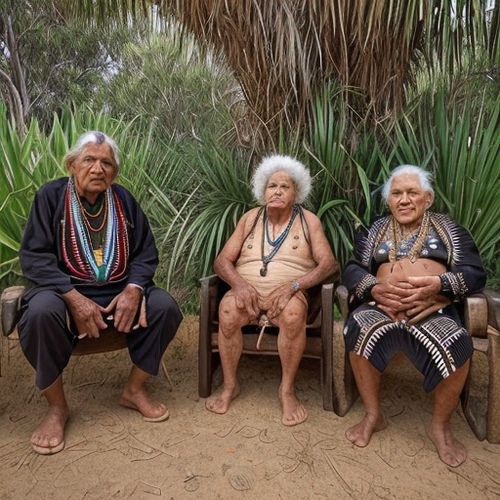
By Sophia Lewis/Apr 19, 2025
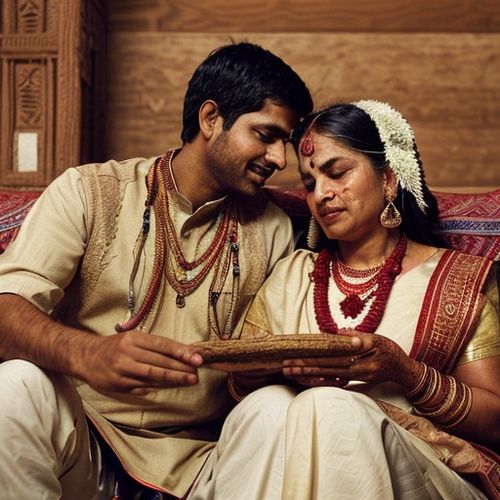
By Joshua Howard/Apr 19, 2025

By Laura Wilson/Apr 19, 2025
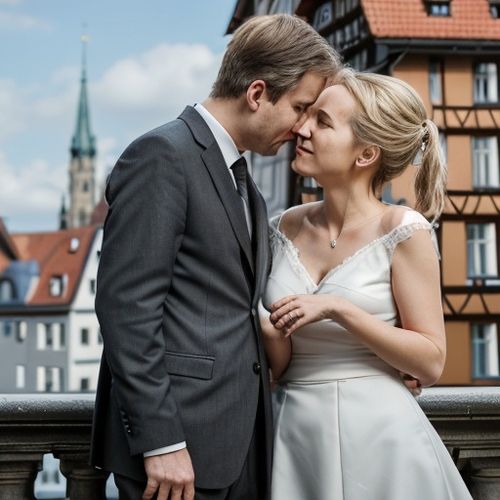
By James Moore/Apr 19, 2025
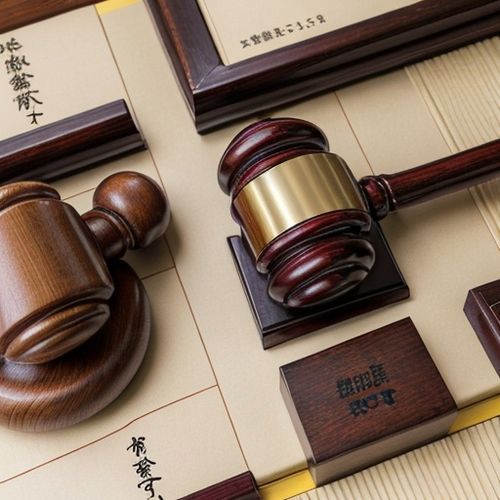
By Eric Ward/Apr 19, 2025

By Ryan Martin/Apr 19, 2025
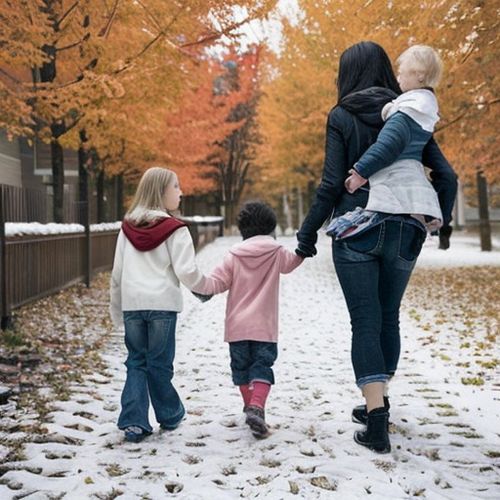
By Elizabeth Taylor/Apr 19, 2025
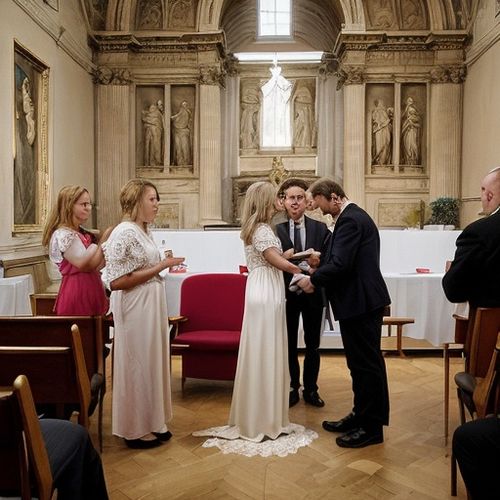
By Samuel Cooper/Apr 19, 2025
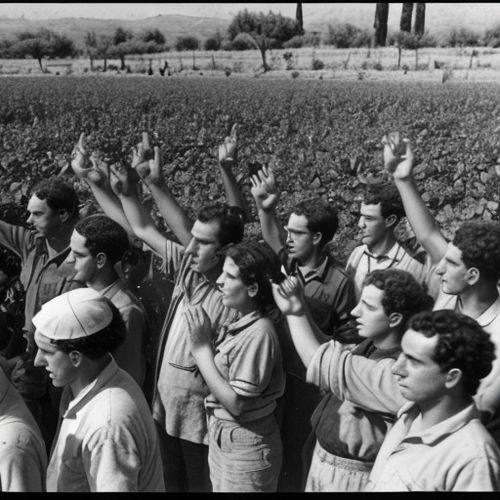
By Benjamin Evans/Apr 19, 2025
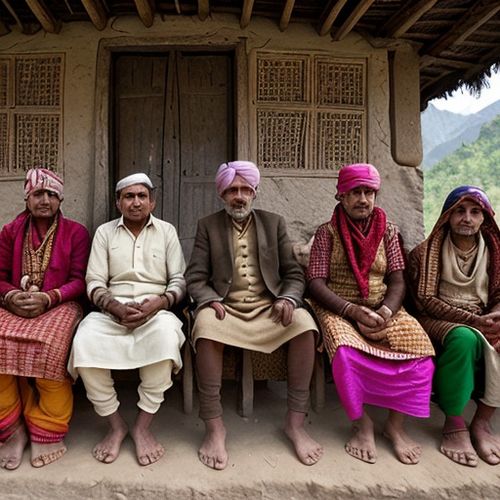
By Christopher Harris/Apr 19, 2025

By Olivia Reed/Apr 19, 2025
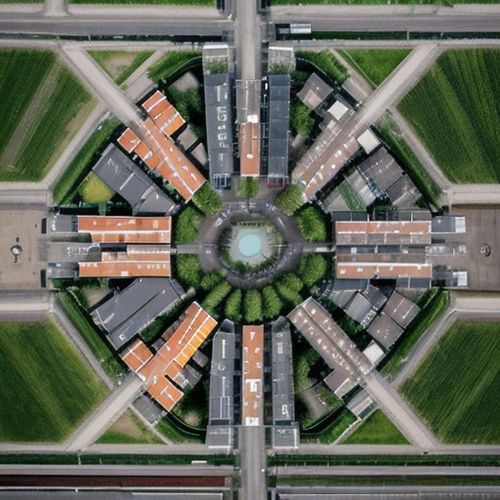
By Megan Clark/Apr 19, 2025

By Michael Brown/Apr 19, 2025
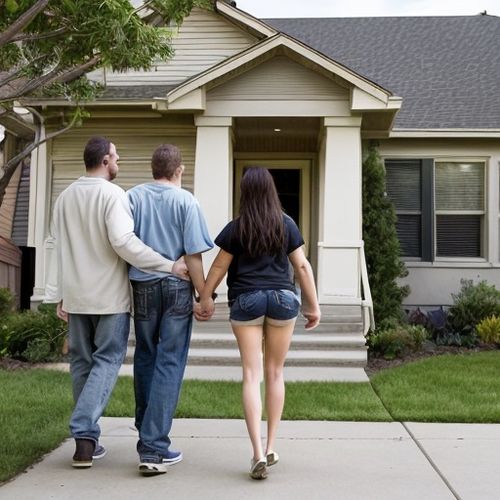
By William Miller/Apr 19, 2025
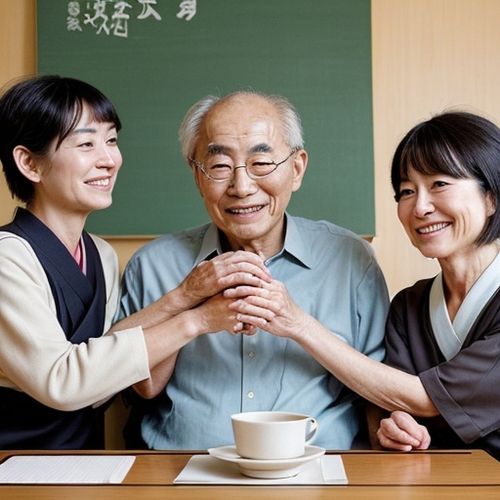
By Sarah Davis/Apr 19, 2025
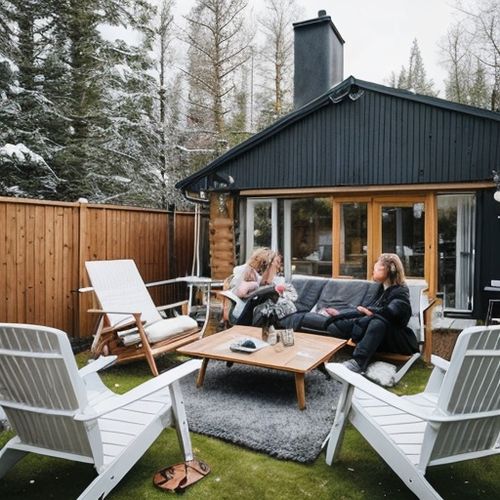
By Joshua Howard/Apr 19, 2025
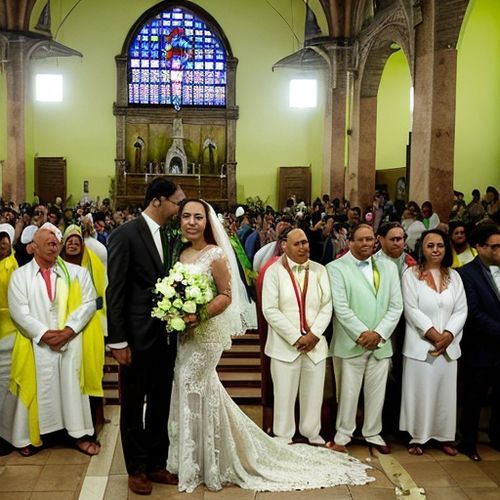
By Ryan Martin/Apr 19, 2025
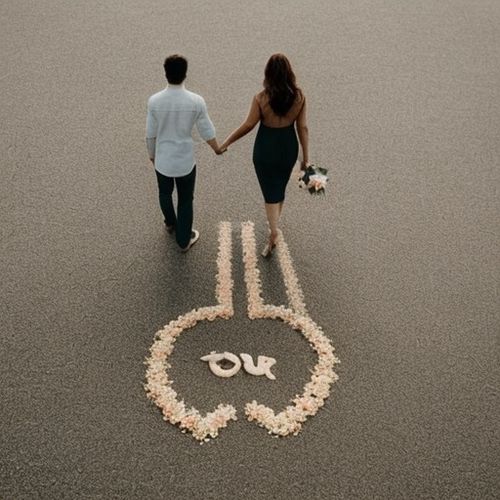
By Eric Ward/Apr 19, 2025
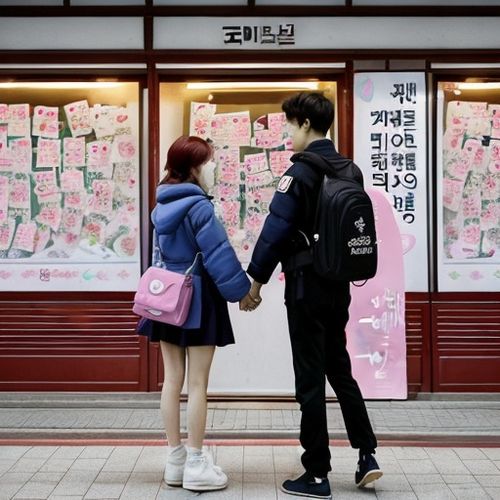
By Jessica Lee/Apr 19, 2025
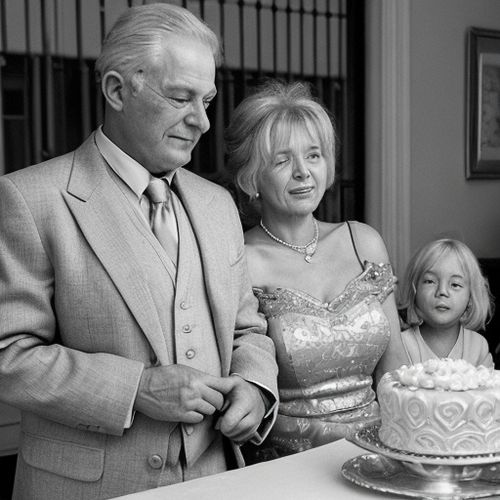
By David Anderson/Apr 19, 2025